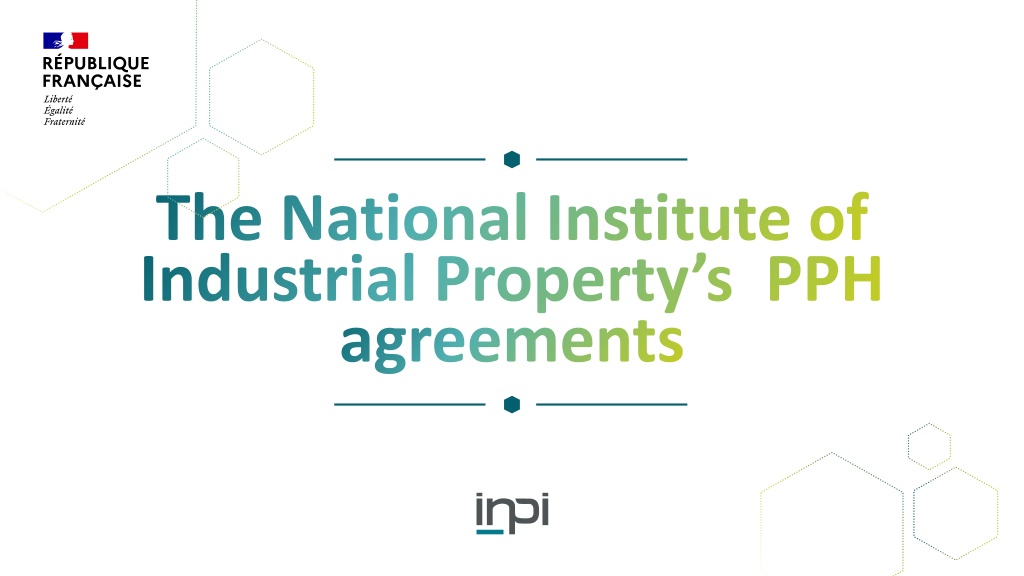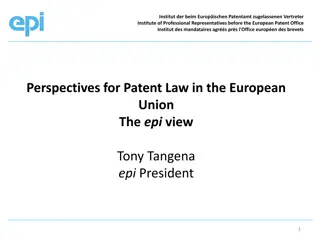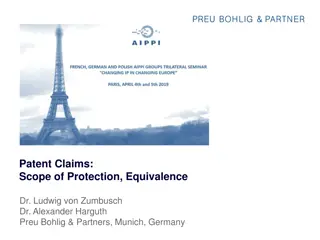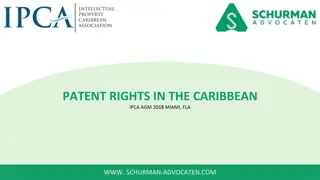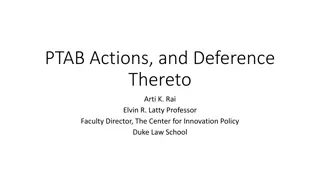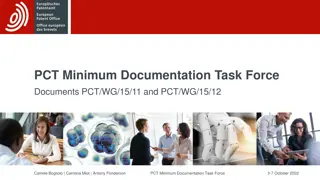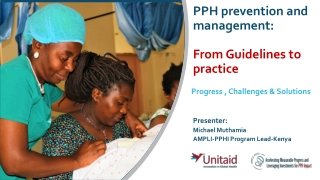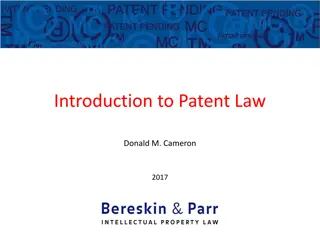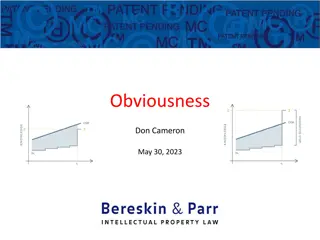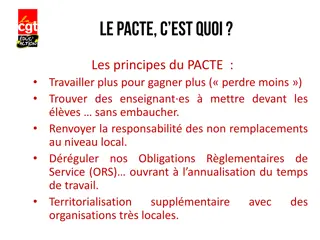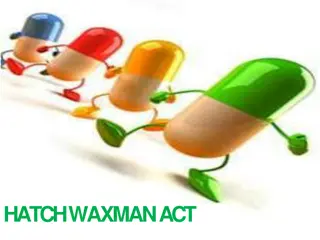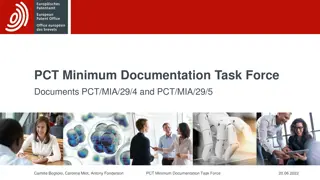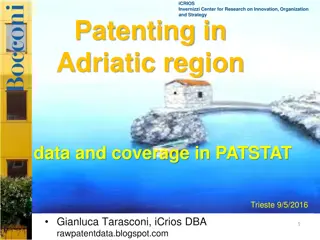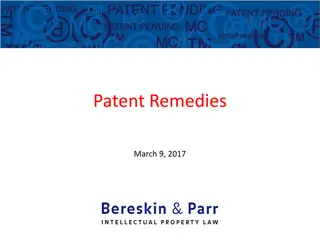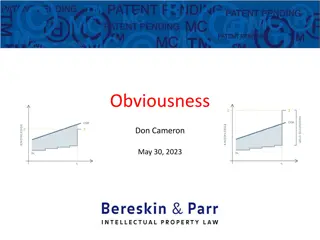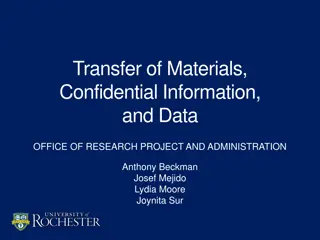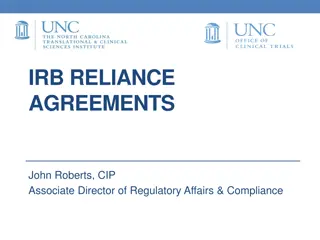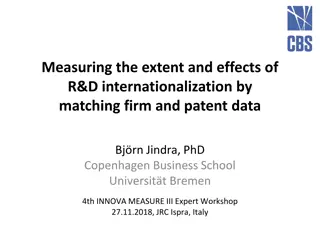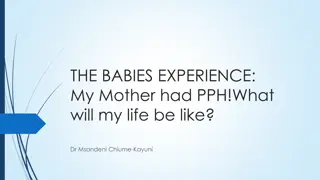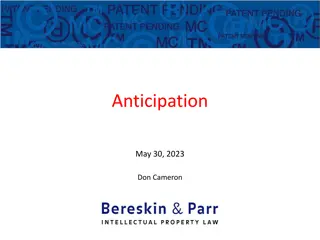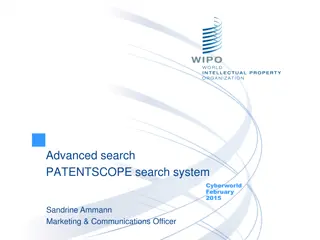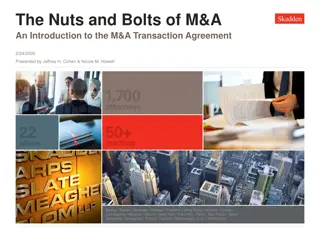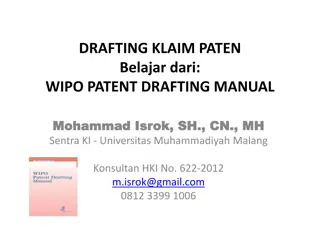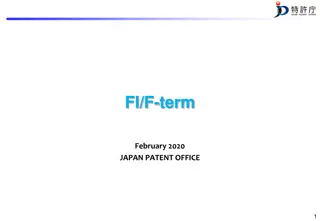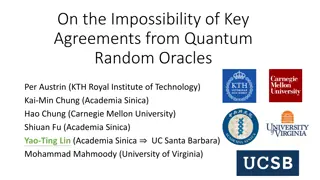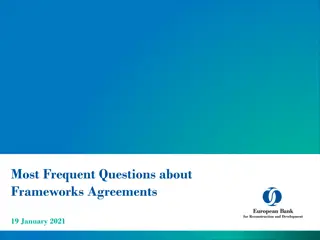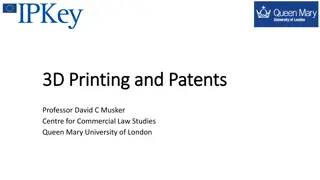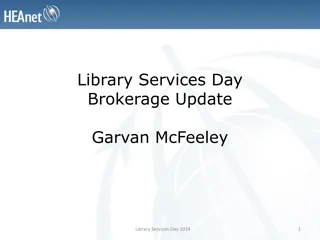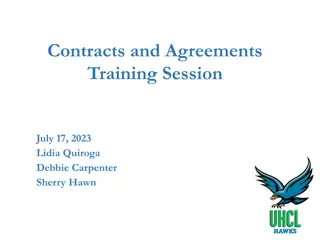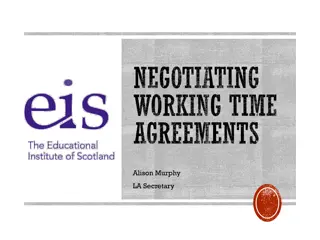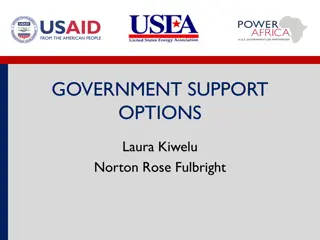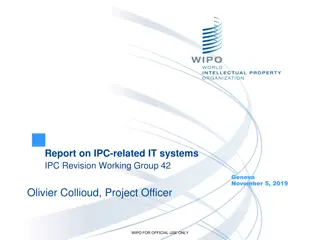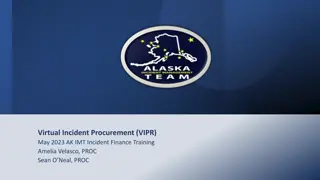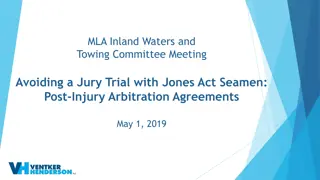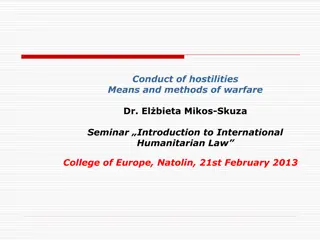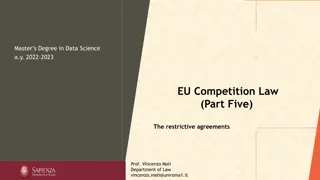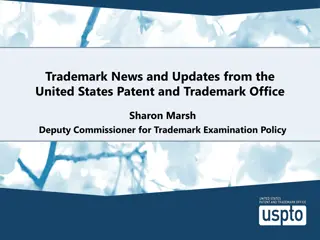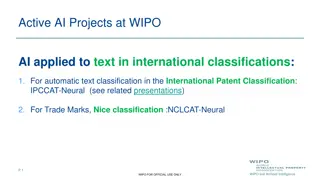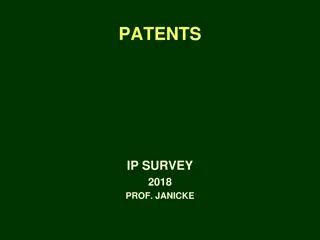Overview of PPH Agreements and Changes in Patent Law under PACTE Act (2020)
The National Institute of Industrial Property (INPI) has established various PPH agreements aimed at improving the patent application process. The PACTE Act (2020) introduced significant changes in patent law, such as the creation of a patent opposition procedure and a provisional patent application process. Additionally, the extension of protection periods and mutualizing efforts with other patent offices have enhanced the examination quality. Eight PPH agreements have been signed from 2021 to 2024 to facilitate economic expansion, streamline granting procedures, and boost international influence.
Download Presentation

Please find below an Image/Link to download the presentation.
The content on the website is provided AS IS for your information and personal use only. It may not be sold, licensed, or shared on other websites without obtaining consent from the author. Download presentation by click this link. If you encounter any issues during the download, it is possible that the publisher has removed the file from their server.
E N D
Presentation Transcript
The National Institute of Industrial Property s PPH agreements
PACTE ACT (2020) A MAJOR ECONOMIC LAW MANY CHANGES IN THE FIELD OF PATENTS INTRODUCTION of the ground of inventive step for rejecting patent applications: only novelty before the 22 May 2020 CREATION of a patent opposition procedure (post-grant): similar to the EPO opposition procedure (from 1stof April 2020) CREATION of a provisional patent application: through a simple, affordable procedure, applicants can secure an early filing date and a priority (from 1st of July 2020) EXTENSION of the protection period of the utility certificate: from 6 to 10 years with the possibility of converting it into a patent application (from 10th of January 2020) Same requirements for substantive examination as other patent offices that had signed PPH agreements
BACKGROUND MAIN REASONS FOR ENTERING INTO A PPH AGREEMENT (2020): HELP applicants' economic expansion: faster granting, better granting rate, fewer notifications MUTUALIZE efforts: use of the results of a previous procedure, improved examination quality, better management of the stock of applications under examination IMPROVING INPI's international influence: making the most of the PACTE act, joining the 54 offices that already had at least one PPH agreement, forging closer relations with our counterparts Why not start with the Japan Patent Office?
EIGHT PPH AGREEMENTS (2021-2024) NORMAL PPH with JPO: in force since 1st of January 2021 (expanded to Mottainai- PPH and PCT-PPH since the 1st of July 2023) MOTTAINAI & PCT-PPH with USPTO: in force since the 1st of December 2021 MOTTAINAI & PCT-PPH with CIPO: in force since the 1st of February 2022 MOTTAINAI & PCT-PPH with INPI BRAZIL: in force since the 1st May 2022 MOTTAINAI & PCT-PPH with KIPO: in force since the 1st of September 2022 NORMAL PPH with CNIPA: in force since the 1st of June 2023 MOTTAINAI PPH with OMPIC: in force since the 1st of November 2023 MOTTAINAI & PCT-PPH with SAIP: in force from the 30th of April 2024 No fee and no limits in terms of number/IPC classes for PPH requests
SOME OPERATIONAL IMPACTS DRAFTING PPH guidelines: in collaboration with our PPH partner offices MODIFYING our IT tools: to enable PPH requests to be filed on our electronic patent filing portal and internally to create new PPH baskets on our internal patent application management software for our examiners (so that they can easily see that the patent application under PPH request must be fast-tracked) TRAINING OUR EXAMINERS and DRAFTING INTERNAL INSTRUCTIONS: for our examiners to process PPH requests autonomously COMMUNICATING with our applicants: writing informative articles on our website, organizing training webinars
INTERACTIONS WITH PCT INPI is not an International Searching and International Preliminary Examining Authority under the PCT: INPI can nevertheless speed up the processing of national patent applications (which claim priority from a PCT application) by using PCT work products (WO-ISA, WO-IPEA or IPRP) notified to the applicant during the international phase of a PCT procedure. France is a PCT contracting state for which only a regional patent (European patent) can be obtained via the PCT: there is no French PCT national phase OEE patent application (NATIONAL PHASE) PATENTABLE PCT filing (1er filing) OK Priority INPI patent application PPH REQUEST
INTERACTIONS WITH PCT INPI APPL. PPH REQUEST WO IPRP ISA/OEA IPEA/OEA Priority PCT RO/-- WO IPRP Priority ISA/OEA IPEA/OEA PCT RO/-- INPI PATENT APPL. PPH REQUEST 3rd country app. INPI PATENTABLE Priority APPLICATION OK INPI APP. Priority PATENTABLE Priority OLE DO APPLICATION PPH REQUEST OLE DO APPLICATION REQUEST FOR PPH PCT APPLICATION PCT APPLICATION
ASSESSMENT OF THE PPH PPH REQUESTS that have been submitted to each patent office (from 1 January 2021 to 31 December 2023) ABROAD: 62 PPH requests in total with INPI as OEE; 27 at the USPTO, 19 at INPI Brazil, 7 at the KIPO, 4 at the CNIPA, 3 at the JPO, 2 at the CIPO AT INPI: 11 requests in total, invoking the following agreements: 6 for JPO, 4 for USPTO, 1 for CNIPA Satisfactory, but we are going to try to improve these figures still further (webinars, communication )
Thank you for your attention! Jonathan Witt jwitt@inpi.fr
